2 August 2020
David Sassoli
President of the European Parliament
Commemoration speech on the occasion of 2 August 2020, Holocaust Memorial Day for Sinti and Roma
76 years ago, on the night of the 2nd to 3rd of August, around 4000 Roma women, children and men were gassed to death in the concentration camp of Auschwitz-Birkenau.
It was the horrible culmination of years of systematic mass murder, in which Nazis killed up to half a million Roma and Sinti. People with hopes and dreams for the future, like each one of us.
For a long time, and up until today, the broad public knew very little about the genocide committed against the Roma and Sinti of Europe during World War II. Few people knew about the fact that Roma were stigmatised as “asocial” and criminals, that they were deported, abused for cruel pseudo-medical experiments, and that they were eventually murdered systematically with the aim to erase them from the European map. “Porajmos”, which means destruction in the Roma language, was the shameful blind spot of European remembrance. Ignoring or forgetting these victims is a crime in itself that we must never commit.
This is why the European Parliament declared August 2 as the annual “European Roma Holocaust Memorial Day”. I speak today, on behalf of the European Parliament and of the European citizens, to pay tribute to the Roma men, women and children who were killed during World War II. We must never forget the horrors of the past.
After the atrocities of World War II, Europe has put humanity at its centre, protected by law, democracy and fundamental rights and we have to commit ourselves to taking this project forward and making it stronger every day.
To this day, Roma still face considerable social marginalisation, discrimination and exclusion all over Europe, which the European Parliament is strongly condemning. This modern anti-Gypsyism often builds on the same twisted ideas of inferiority or superiority, the same rhetoric of stigmatisation, the same hatred that we know from the past and that led to the atrocities of World War II.
This shows that, unfortunately, there is no automatism to learning from history. We must work hard to learn the lessons. Remembering must never become a hollow act, but requires effort and will, also political will.
We all have to combat anti-Gypsyism, at every level and by every means. Politically on the European level but also in every single member state, in the housing, employment, education and health care systems, in news language and popular culture, in everyday conversations and life. There is still much to do, and it is up to us to make a difference.
The human and civil values that underpin European integration will only be safe if we continue to defend and protect them with all our strength and determination. That is our collective duty as Europeans. No one must feel extraneous to these events, otherwise we would all be accomplices.
We will never again allow fear and terror to grow and proliferate in Europe, and that is a commitment we must make together.
Statements 2020
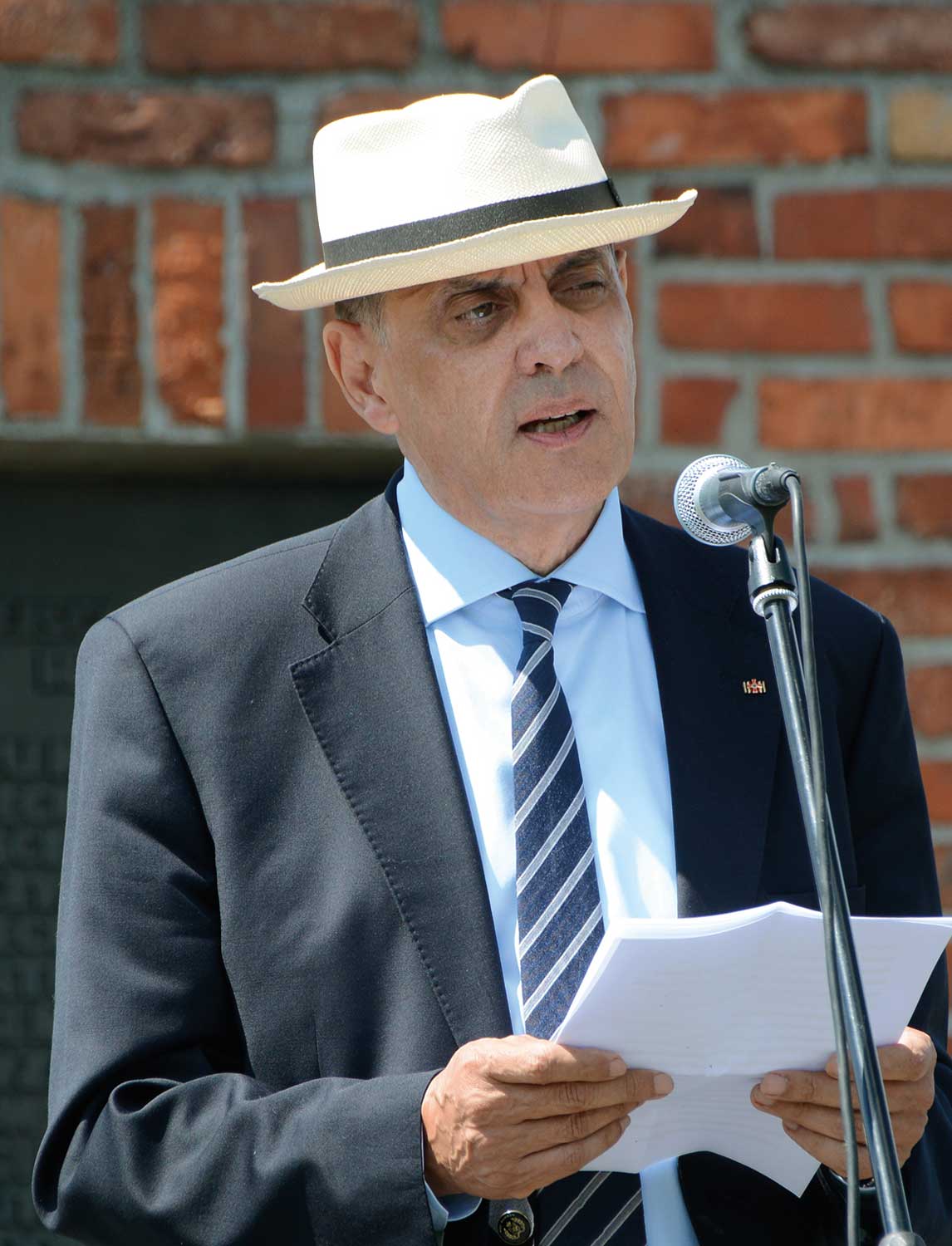
Romani Rose
Chairman of the Central Council of German Sinti and Roma

Zuzana Čaputová
President of the Slovak Republic
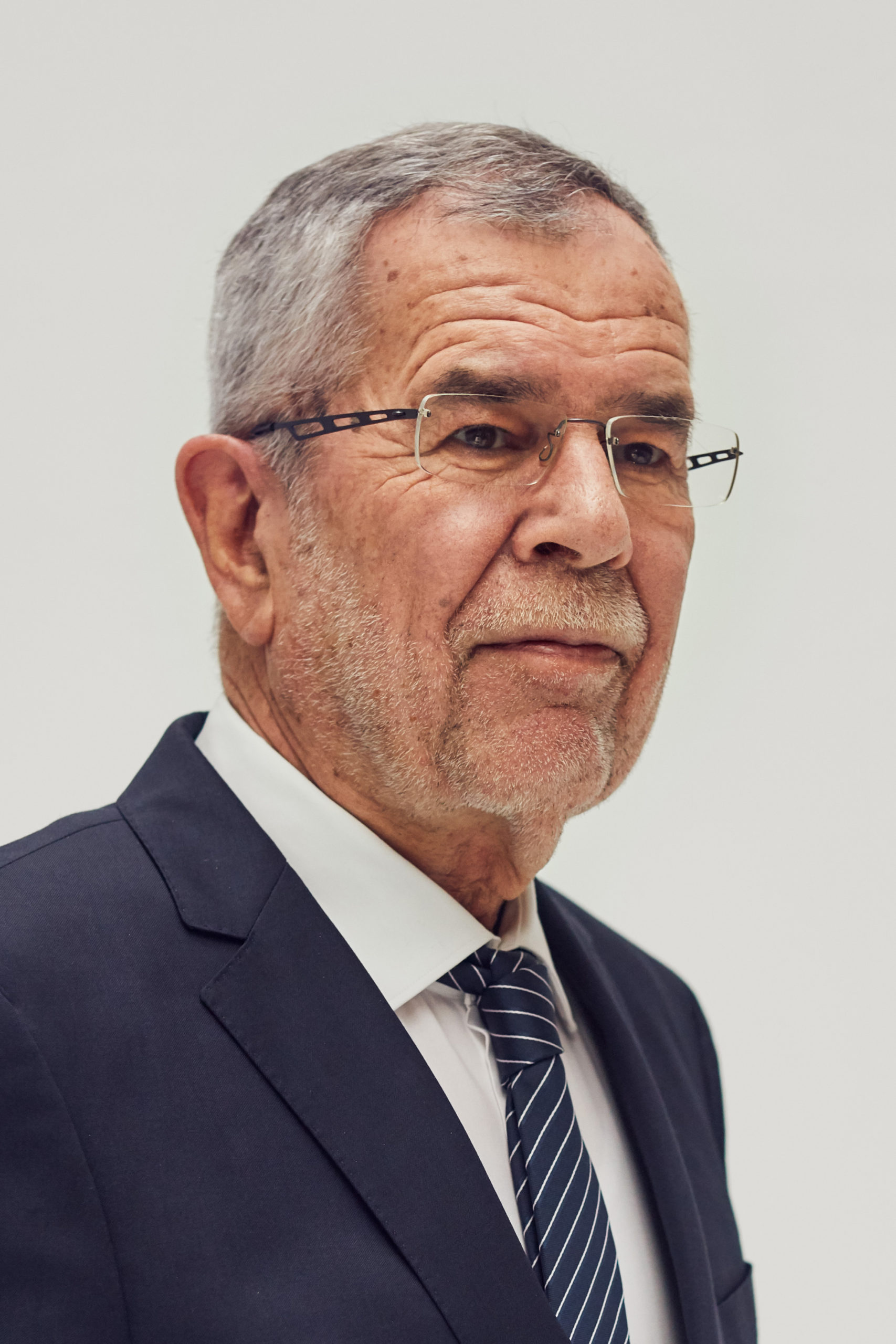
Alexander Van der Bellen
President of Austria
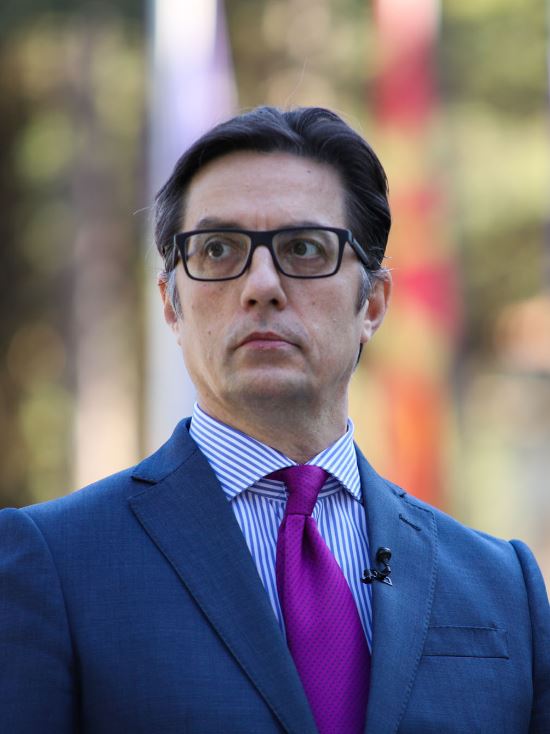
Stevo Pendarovski
President of North Macedonia

Helena Dalli
Commissioner for Equality, European Commission
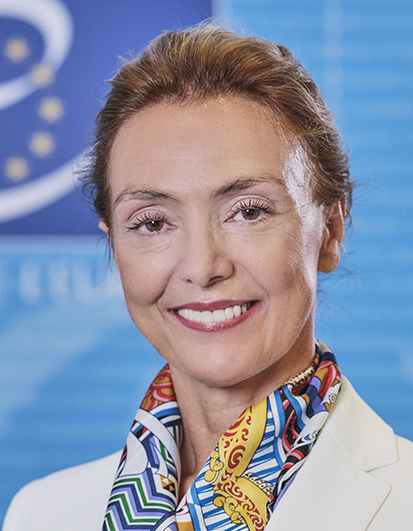
Marija Pejčinović Burić
Secretary-General of the Council of Europe
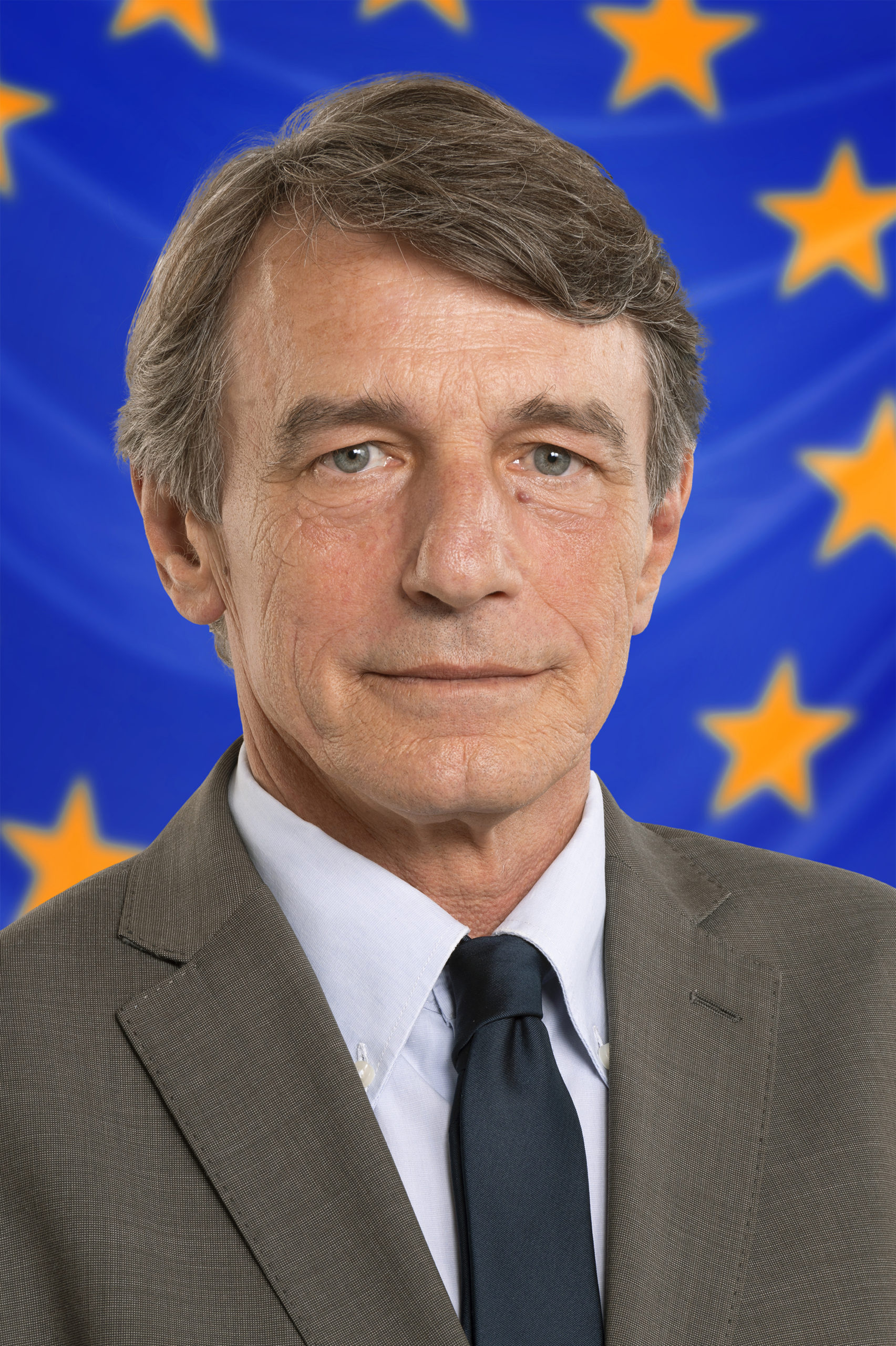
David Sassoli
President of the European Parliament
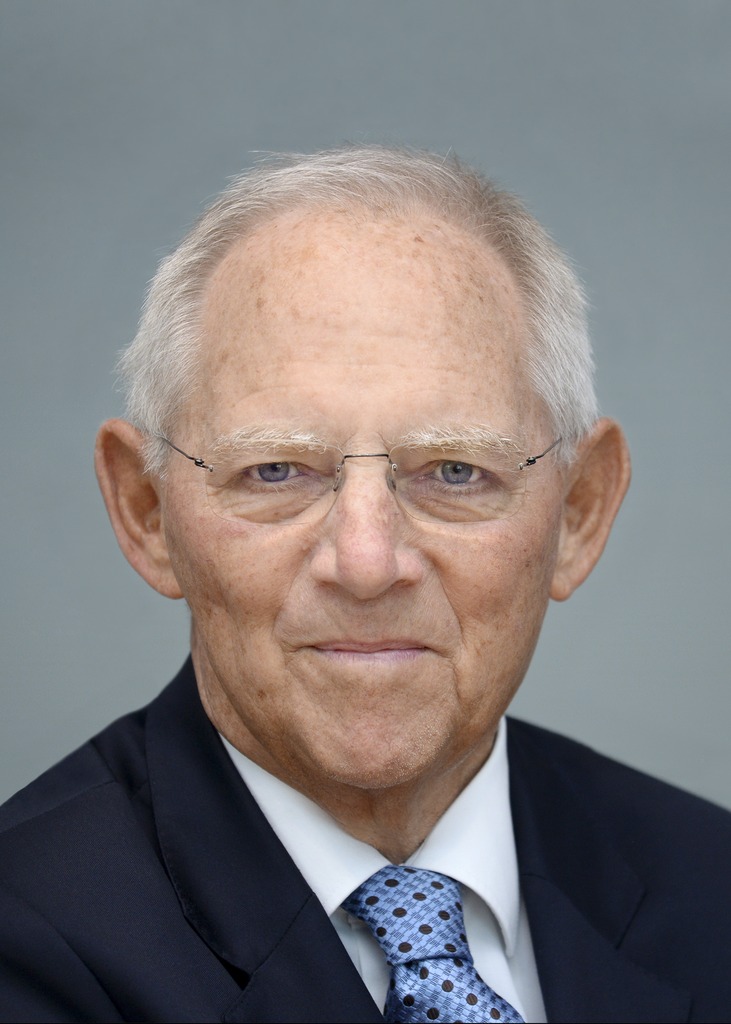
Wolfgang Schäuble
President of the German Bundestag
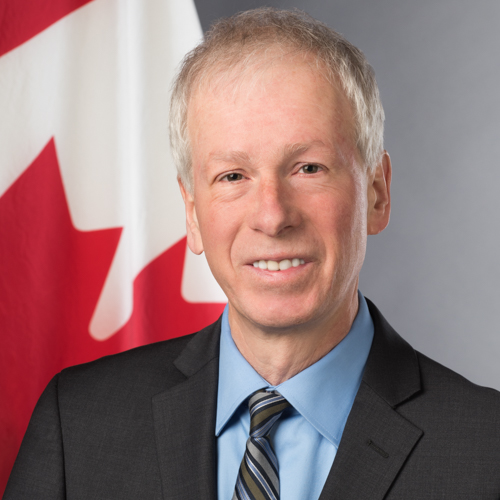
Stéphane Dion
Ambassador of Canada in Germany, Special Representative of Canada to the EU and to Europe
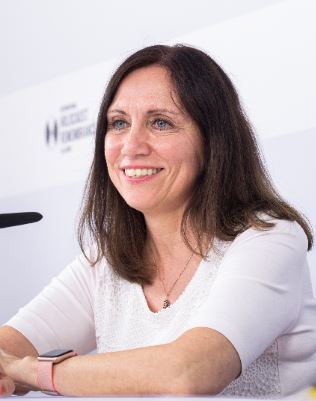
Michaela Küchler
Chair of the International Holocaust Remembrance Alliance
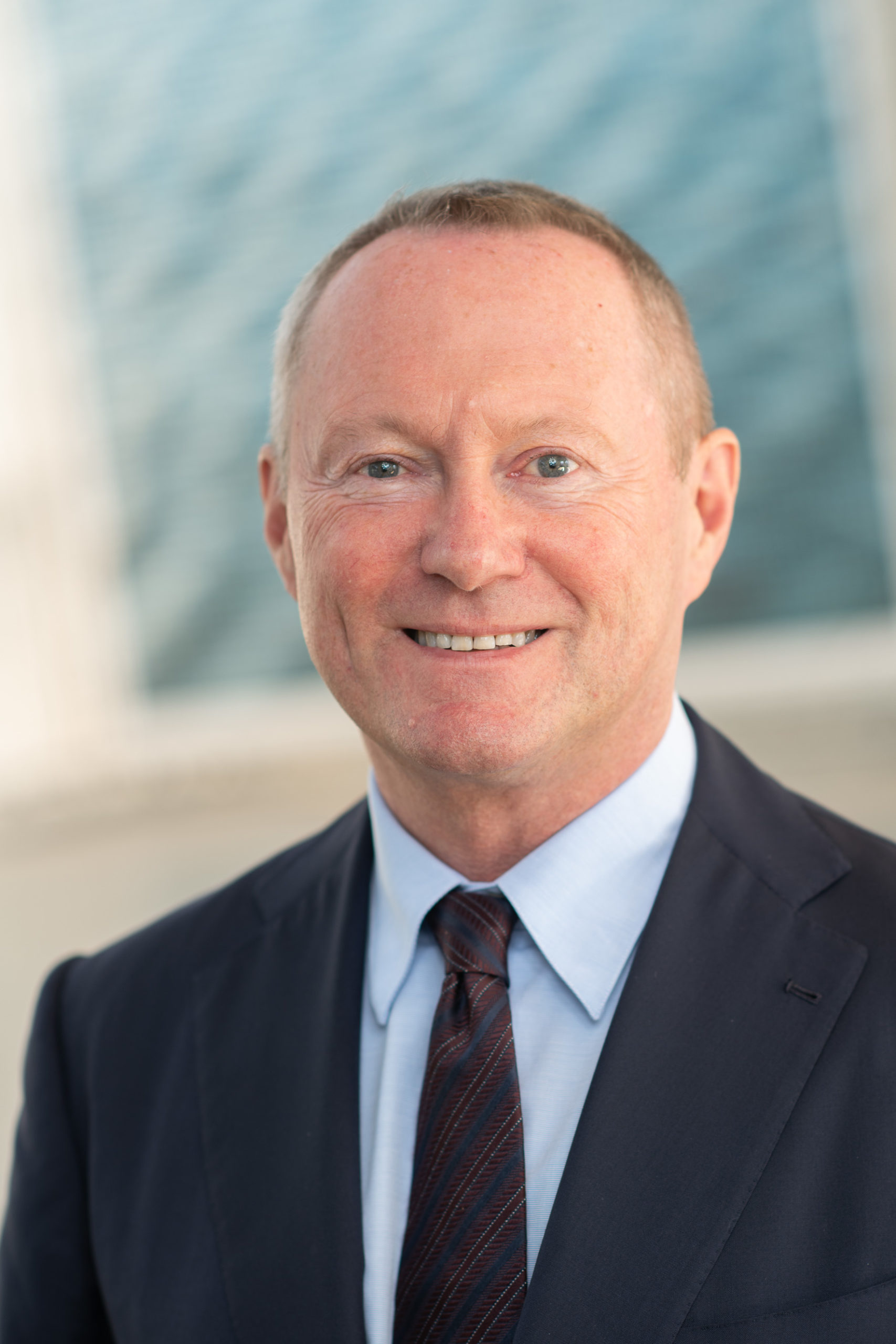
Michael O’Flaherty
Director of the European Union Agency for Fundamental Rights
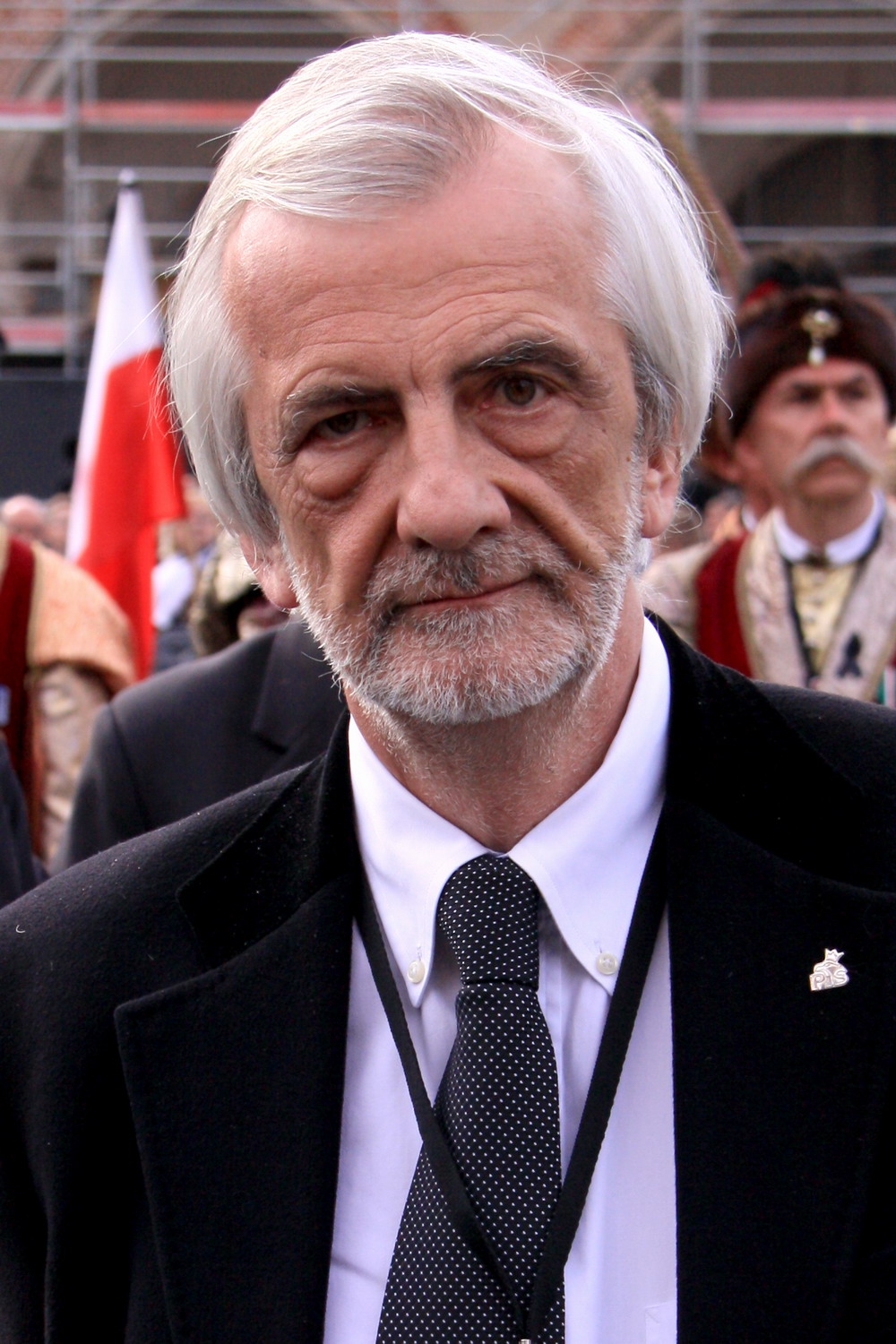
Ryszard Terlecki
Deputy Marshal of the Sejm, Poland
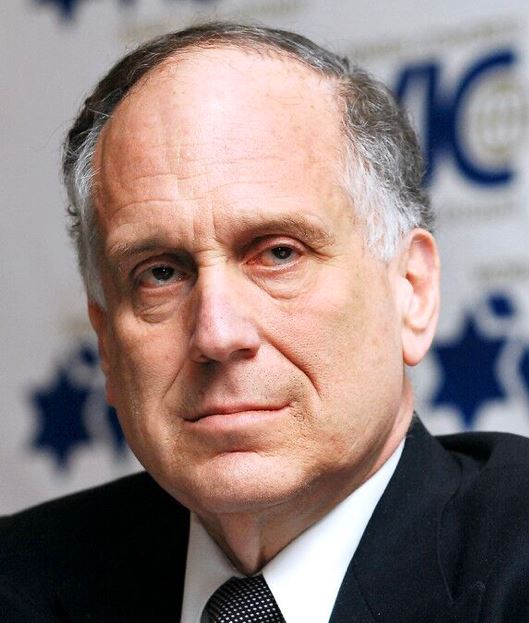
Ronald Lauder
President of the World Jewish Congress
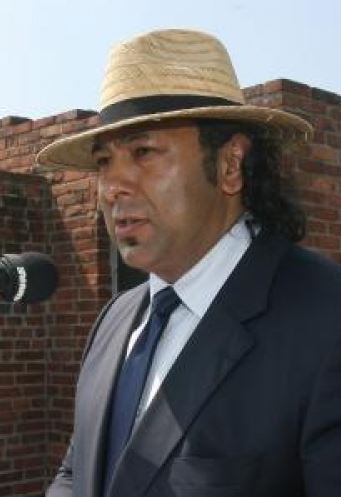
Roman Kwiatkowski
President of the Association of Roma in Poland
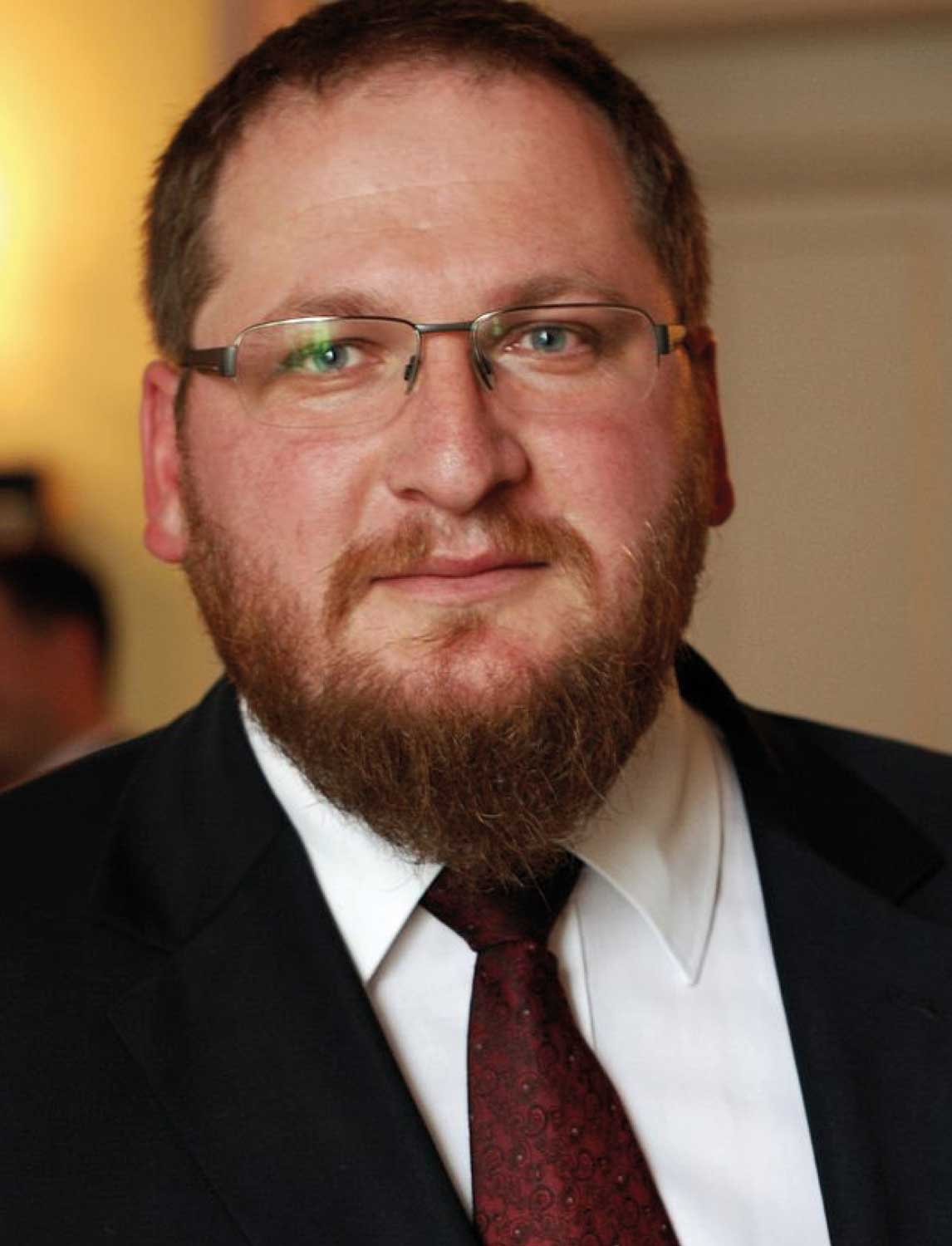
Dr Piotr M. A. Cywiński
Director of the Auschwitz-Birkenau State Museum










